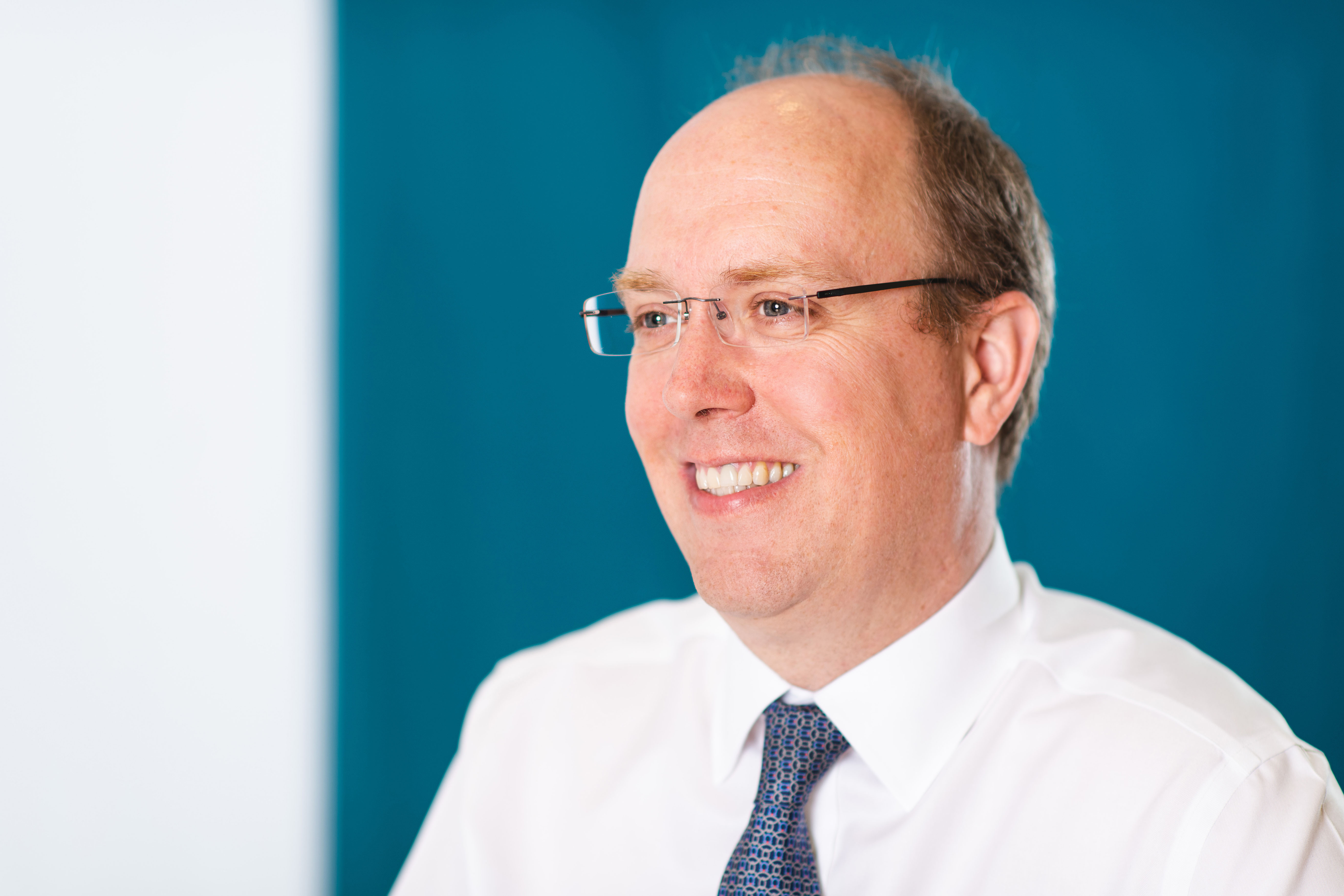The focus of this week’s Insurance Investment Exchange seminar - held over two mornings - was private credit. Will Nicoll, Chief Investment Officer, Private and Alternative Assets at M&G Investments, who joined one of the panels, expanded on his thoughts in an interview with the Insurance Investment Exchange.
“The private credit world is in an interesting place at the moment. You have a bifurcation between companies that people are prepared to support significantly - those that have no short-term cash flow issues that could get in the way - and others where their plans were a little opaque even before Covid-19”.
The pandemic and the huge government and central bank interventions to mitigate the impact on economies have bought some firms time but there is a widespread fear that this is just postponing difficult decisions, a view shared by Nicoll.
“Where you have companies that have no reason to exist that looks like a slow train crash. There is no doubt that government support for businesses is hiding problems. As that support is withdrawn we will see issues emerge in Q4 and Q1 2021.
“For some firms time moves on and business models that were on the edge - for example the retail sector - before Covid-19 will now be suffering serious strains”.
While it might be easy to make broad assumptions about which sectors will suffer the biggest impacts, it is by no means clear that every firm within specific sectors will be equally impacted, so a degree of caution is required.
“It is very difficult to suggest we have enough information to make instant decisions about which companies are going to do well and which ones are not”
One of the biggest challenges for those looking to lend into the private market is resisting the temptation to measure it against the public market, says Nicoll.
“The pricing in the public market is odd. It is strange to go from little stress in the market to great stress without a corresponding significant impact on pricing.
“In the public markets people can be more comfortable taking a punt because there is liquidity. That is not likely to happen in the private market. It is difficult to justify that sort of behavior as the rewards are not big enough. Where you have investment grade companies it is relatively easy to understand the business models and see what you are investing in. Smaller private companies are much more opaque.”
When it comes to seeing what you are investing in and getting past the opacity that is a hallmark of private credit, origination becomes key. That requires research, due diligence and interaction with the owners of the underlying asset. Covid-19 has inhibited that process.
“There are a few things you need to enable origination and one of those is meeting the people. You don’t normally lend money without meeting the business and that normally means on site so you can see how a business operates. If you think about real estate, it is very difficult to imagine buying a building without seeing it.
“To do totally new things is really quite difficult at the moment. This means we all tend to go back to the people we already know. It will lead to bottled up demand and we will be looking into Q4 before we can tap into that”.
When it comes to M&G’s own portfolio, Nicoll is relatively relaxed about its exposure in the private credit market.
“We are looking at the portfolio and are actually quite calm. We do not have much exposure to plain vanilla corporate markets. In the loan market we have been rather conservative. We have picked sectors and businesses on an asset-by-asset basis”.
When it comes to insurers’ responses to the impact of the pandemic on private credit, he feels most will stay focused on their longer-term objectives with the drive to enhance yields through diversification still a key theme for many.
“It is impossible to categorise all the same. Some have short-term concerns about illiquidity but many still have an emphasis on diversification. The long-term trends seem to be the same and the intent to diversify with private credit as part of that is still there”.
• Will Nicoll was speaking to David Worsfold

